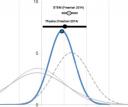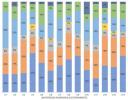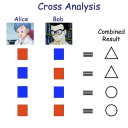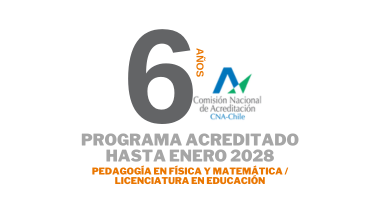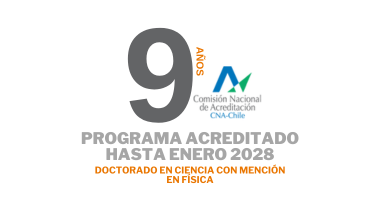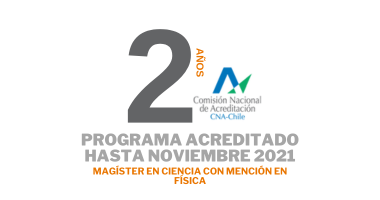Didáctica de la Física
We dedicate our efforts to understand the underlying difficulties in science education, in special in the Chilean and Latin American framework, taking into account aspects as socioeconomic distribution and gender equality. In this context, we implement and quantify different strategies at institutional, teacher formation and student level to contribute close the gap in science education.
|
|
Active learning reduces academic risk of students with nonformal reasoning skills: Evidence from an introductory physics massive course in a Chilean public universityWe present the findings of a pilot plan of active learning implemented in introductory physics in a Chilean public university. The model is research based as it considered a literature review for adequate selection and design of activities consistent with the levels of students’ reasoning skills. The level of scientific reasoning is positively correlated to student success. By contrast to a control group of students following traditional lectures, we observed a significant reduction in failure rate for students that do not yet possess formal scientific reasoning. This profile of students being the majority, we conclude that implementing active learning is particularly suited to the first year of higher education in the context of a developing country. It fits the particularities of student profile and typical classroom size, leading to learning improvement and reduction of academic risk, as well as being financially sound. |
|
|
Physics Teacher Training in Chile: Reality and ChallengesThe lack of physics teachers in Chile has been a cause for concern for the last 15 years. This study aims to identify and describe the key features of current physics teacher training programs in universities in the Council of Rectors of Chilean Universities (CRUCH). This descriptive and ex-post facto research employs historical data analysis and qualitative analysis techniques. The main findings include a geographic centralization and gender gaps in enrollment and graduation rates. The physics and education courses appear to run parallel and feature in similar proportions, suggesting a dissociation between the two areas. The implications for teacher training programs are discussed and lines of action for future research are proposed based on the findings. |

